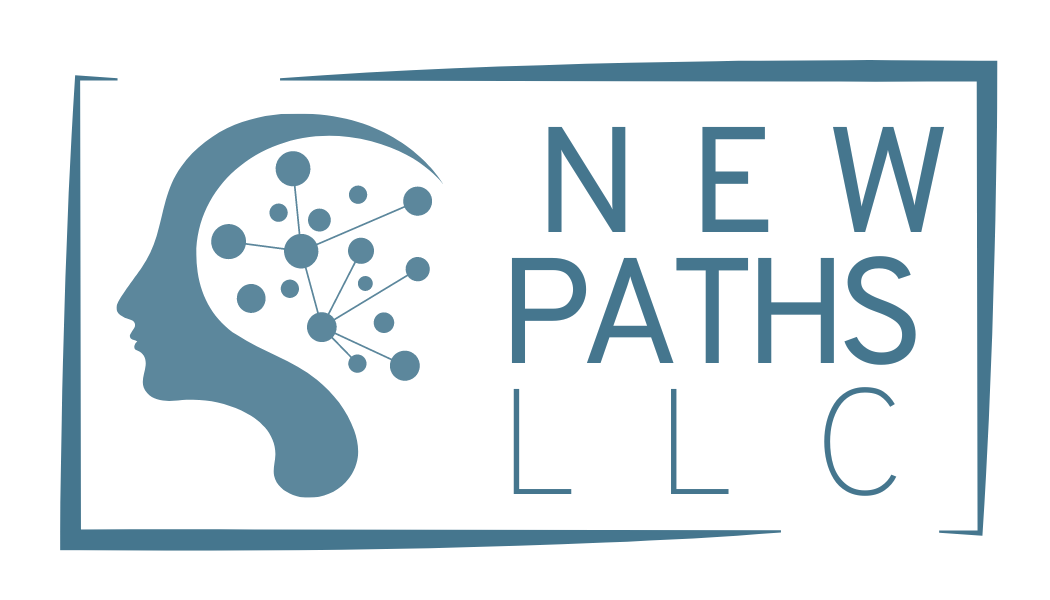
I am a Therapeutic Coach,
I offer mental health coaching.
Mental health support feels like counseling,
but instead of digging into the past or the diagnoses,
we strategize how to make each day take you forward
and break free from what has been keeping you stuck.
Whether you’re struggling with…
anxiety, depression, a mental disorder,
navigating yours or a loved one’s addiction and recovery,
navigating life transitions, emotional overwhelm, identity work, you’re not alone.
Together, we’ll recognize and respect your experiences, strategize your path forward,
build tools that actually work and take steps toward the life you want.
Emotional, Mental, Sexual, Spiritual Support
MENTAL
Anxiety, ADHD, depression, trauma, recovery—whatever you’re carrying, you’re not broken. I help you understand your mind and build tools to live your day to day with more clarity, self-trust, and success.
EMOTIONAL
Not feeling in control of your emotions can be overwhelming, confusing, or even scary—and it’s natural to wonder if something’s wrong with you. There isn’t. Your emotions are valid, and you don’t have to feel controlled by them. I help people make sense of what they’re feeling and create the tools to live with more peace and balance
SPIRITUAL
Working out your spiritual beliefs, making them your own, and growing into them can feel lonely, tiresome, unstable, or many other things! In the quiet and safe space of my office, we can talk through your beliefs, values, and journey to make your spirituality your own, in your own strength.
SEXUAL
Just like any other aspect of our well-being, our sexual health—whether it’s about our identities, patterns, or relational experiences—deserves care and support. A safe, non-judgmental coaching space can help you explore, understand, and work through your sexuality with clarity and confidence.
Clinical Support
Clinical therapy can be life-changing, but sometimes it’s not enough on its own. Between sessions, coaching can help you navigate each day, thought, and stressor, while complementing the healing and progress you’re making in therapy. Sometimes knowing the answer isn’t the answer—I help you live it out, one choice, one moment, and one day at a time
Relationship Support
Relationships—whether you’re in one, searching for one, or figuring out who you are without one—can bring both clarity and confusion. Understanding yourself, your patterns, and what truly fulfills you is the foundation for healthy love, whether with a partner or within yourself. I help people navigate the complexities of dating, relationships, and self-discovery—so you can break unhealthy cycles, build deeper connections, and create the love life that actually aligns with who you are
Suicide Prevention
For every individual looking at the end of their life, there is hope, and there are other options. There is a story beyond those darkest of moments. Let’s talk.
Frequently asked questions
What is a life coach?
A life coach is a helps individuals clarify their goals, overcome obstacles, and create positive changes in their personal and professional lives through guidance, support, and accountability.
What is a mental health coach?
A mental health coach is someone who has special training with mental health challenges and works with individuals in navigating those challenges in their daily lives or in the pursuit of their goals.
How is therapy and counseling different from coaching?
Therapy typically focuses on addressing past trauma, unresolved emotions, and diagnosable mental health conditions through in-depth exploration and treatment.
Mental health coaching will focus on the present and the future, staying cognizant of past traumas, unresolved emotions, or diagnosed mental health conditions. Instead of focusing on healing, coaches will focus on daily living and future goals.
How do I get started?
Since it is best to feel comfortable with each other, I advise scheduling the free 20 minute Get to Know Each Other Session” session.
We will talk about how I can help and if we are a good fit. From there we can make a plan on what to do next.
If you would like to jump in right away, schedule a full session. I will contact you with a few intake forms to help us make the most of our time together.
Can I see a therapist while seeing you?
Absolutely! Therapy and coaching often go hand in hand. Often people will see their therapists to heal trauma and mental health conditions and then see their coaches in between sessions to work out how to live their lives around those conditions.
Just therapy- good.
Just coaching- good.
Both- good!
How often do I need to meet with a coach?
There really is no way to guess how many sessions will get you to where you want to be. In times of extreme stress, once a week is very impactful. Once or twice a month is helpful to keep moving and refocusing. And sometimes, all someone really wants is a single session.
How much does coaching cost?
A one-hour session is priced at $105.
You are welcome to apply for the Accessible and Affordable Services grant, which could cover up to 40% of the fee and utilizes an income-based sliding scale to tailor the price to your financial circumstances, making it more manageable for you.
Don’t let financials stop you from getting the help you need. Apply today.
Will my insurance cover coaching services?
It is dependent on your insurance, and often insurance does not cover mental health coaching. However, often your HSA or FSA does cover mental health coaching services.

